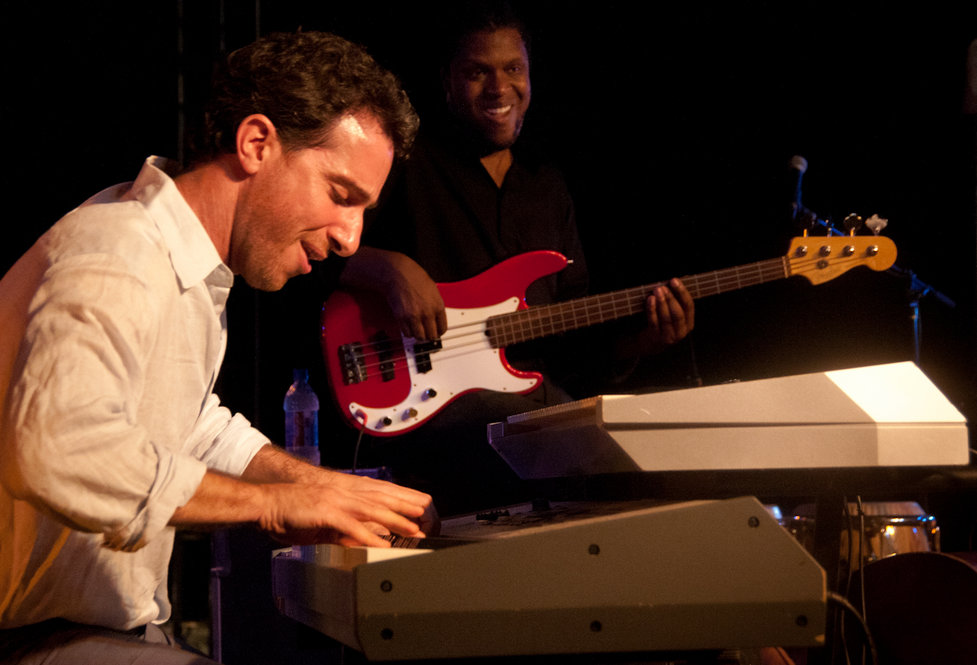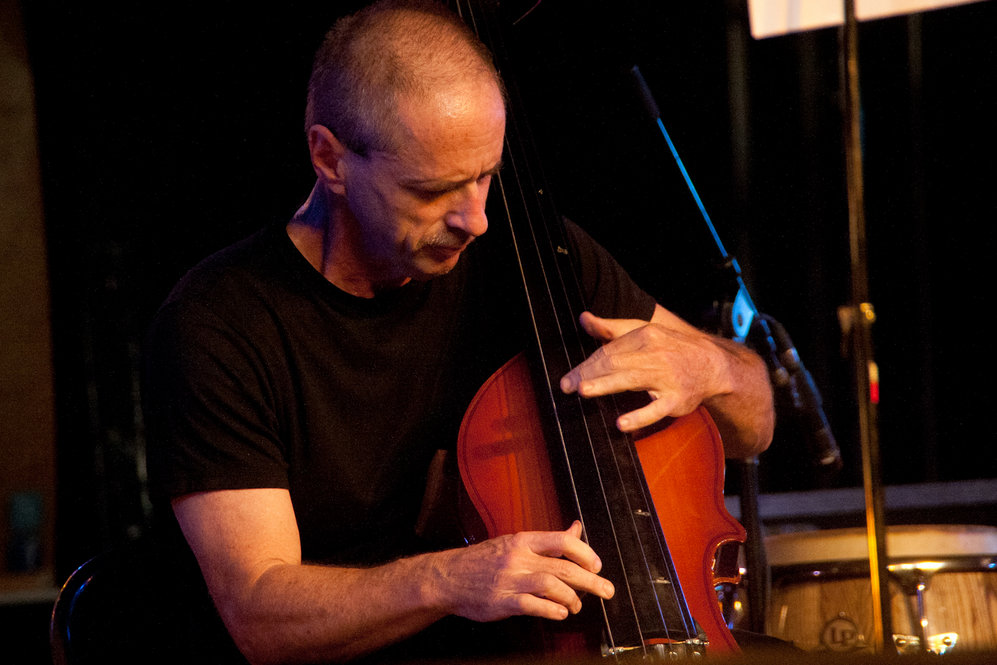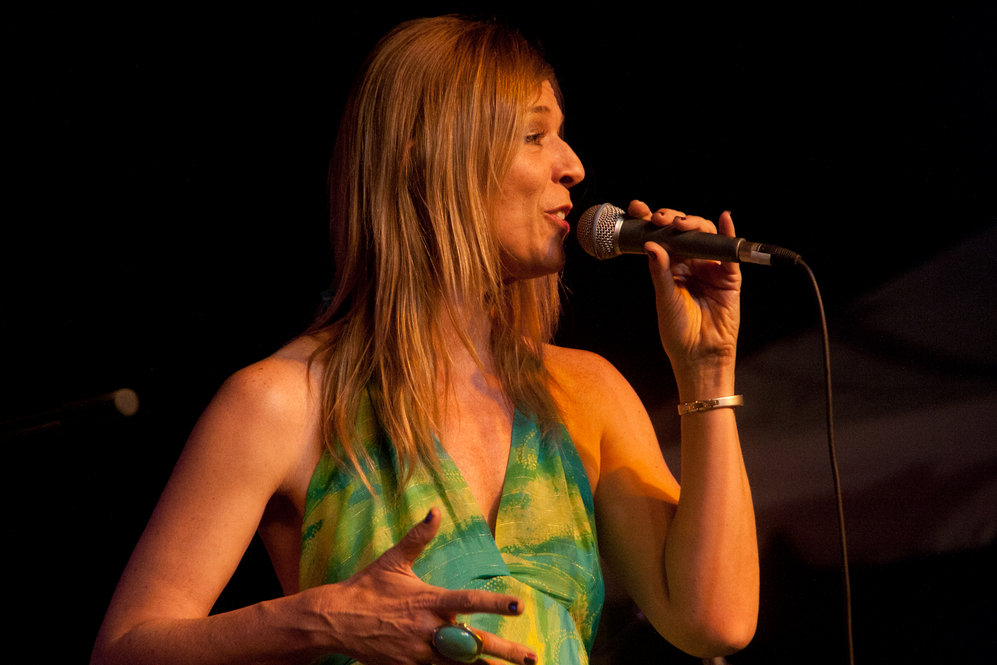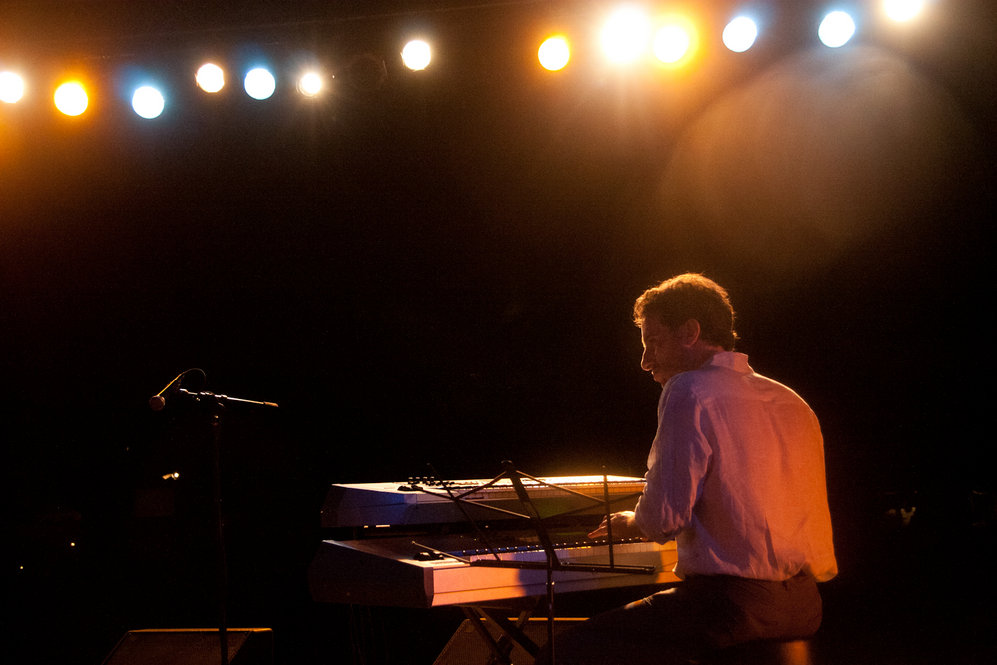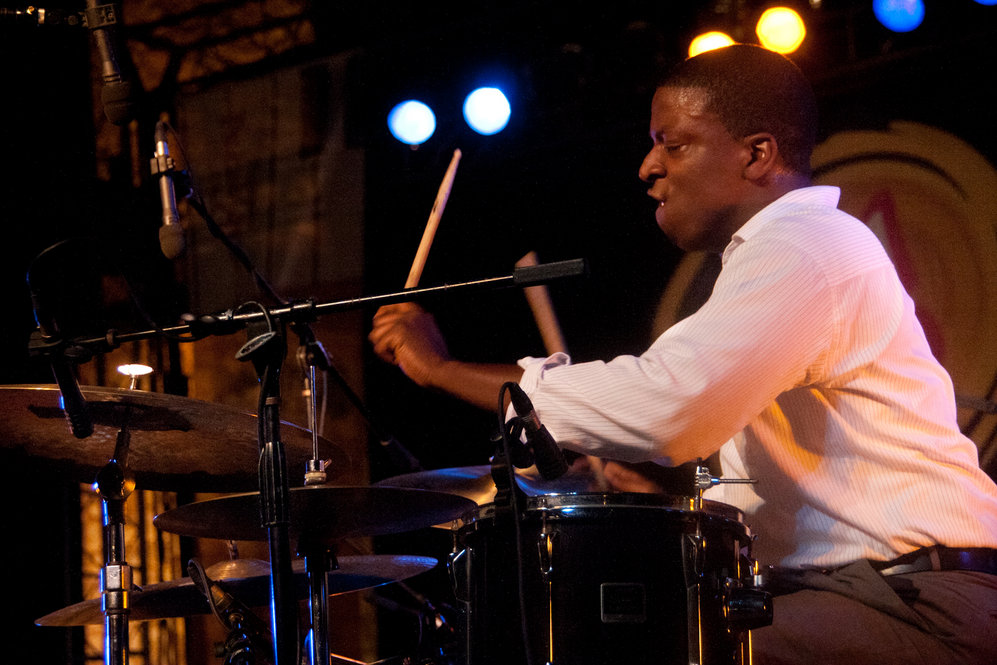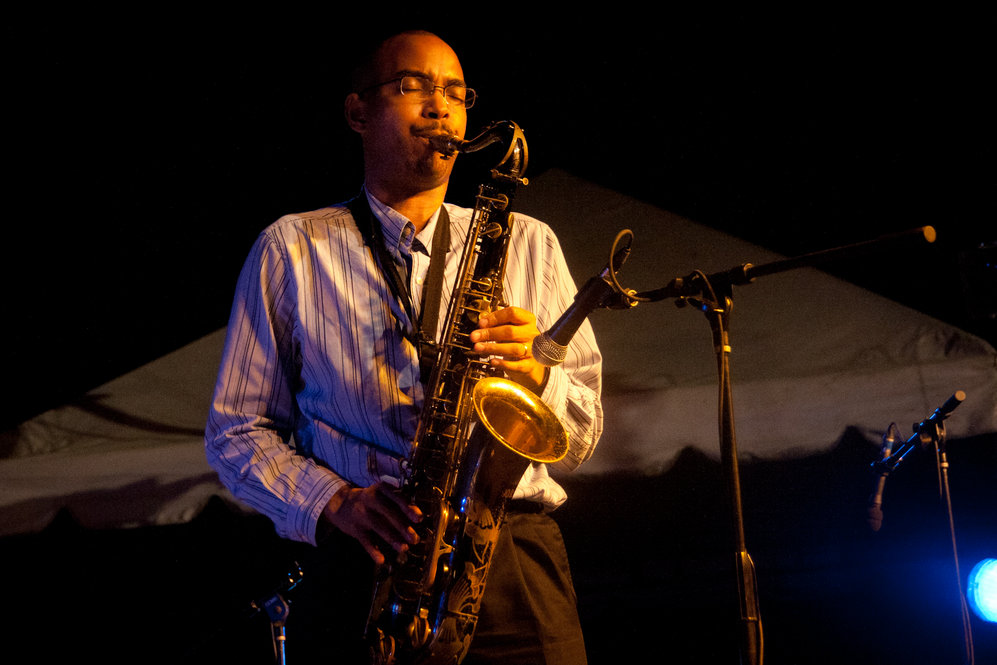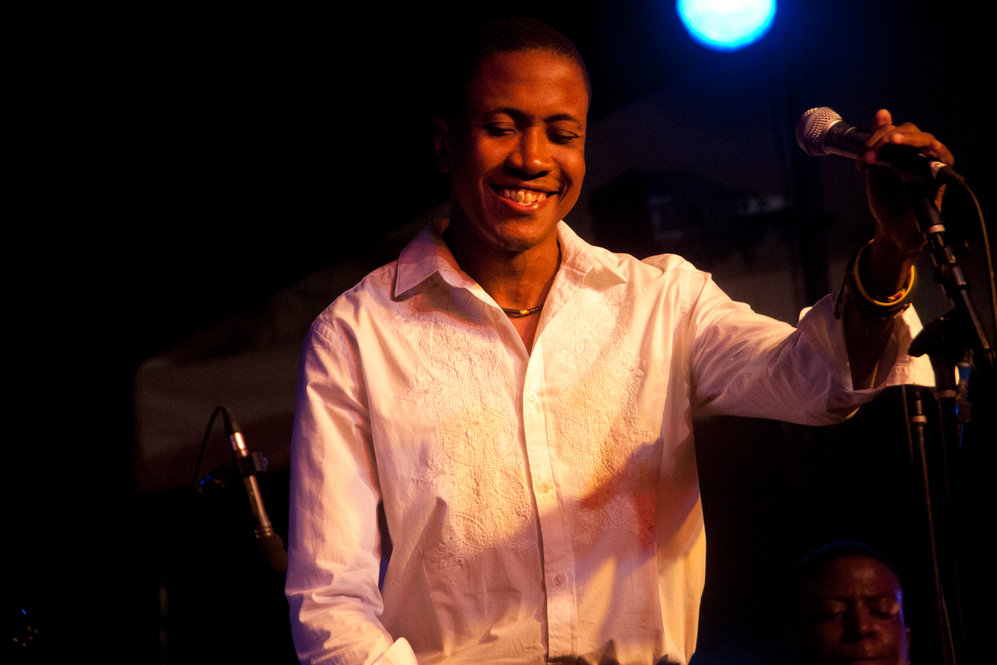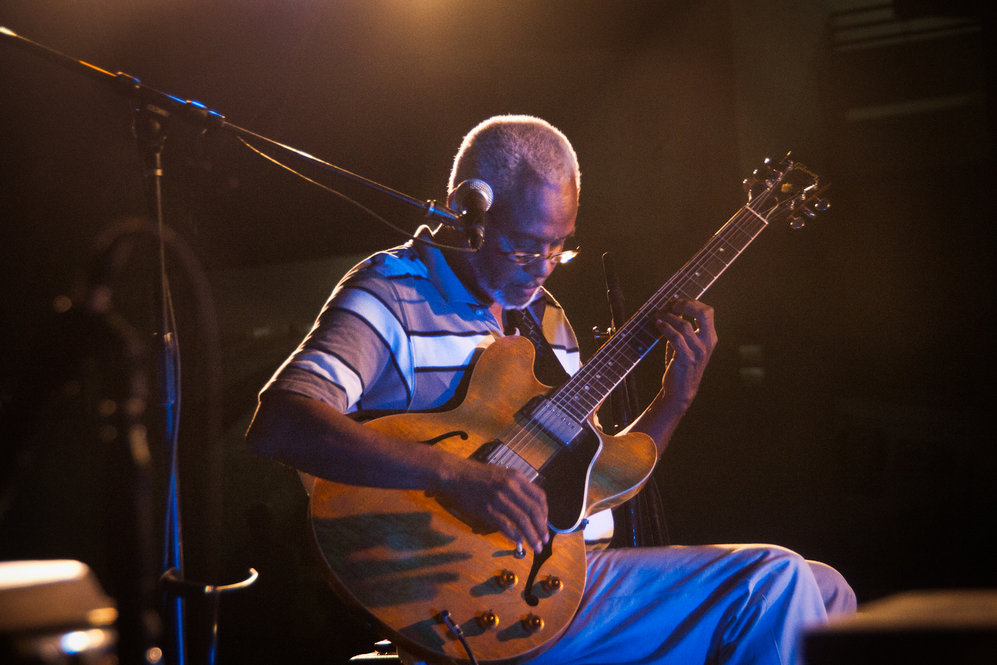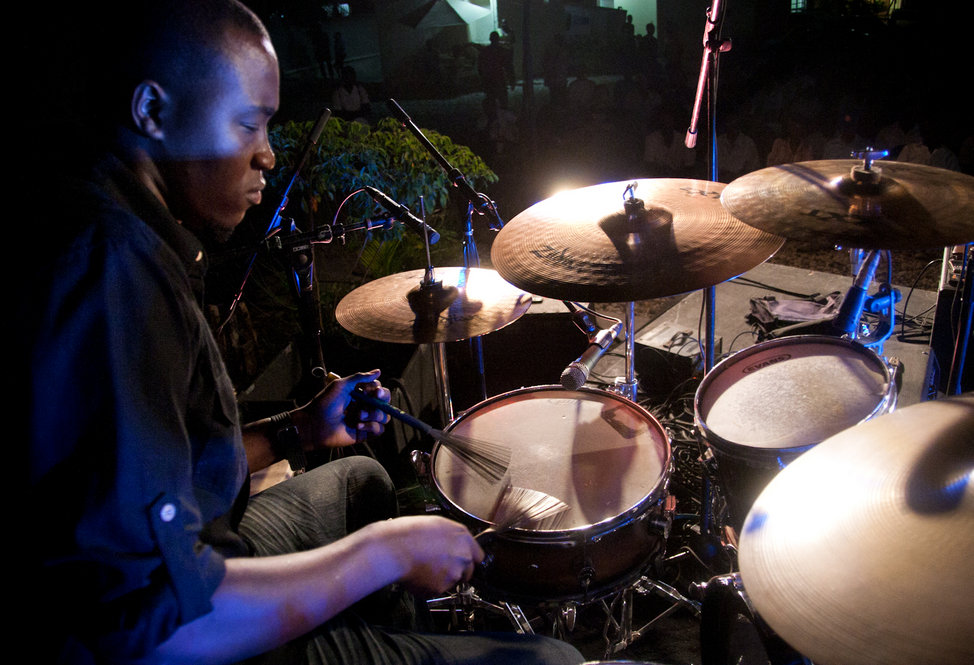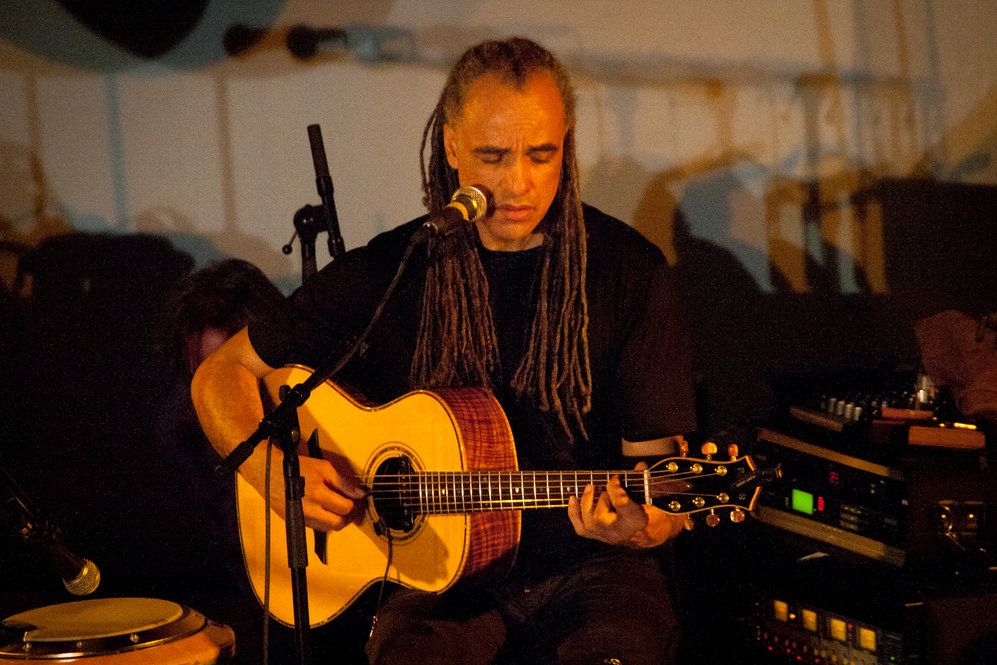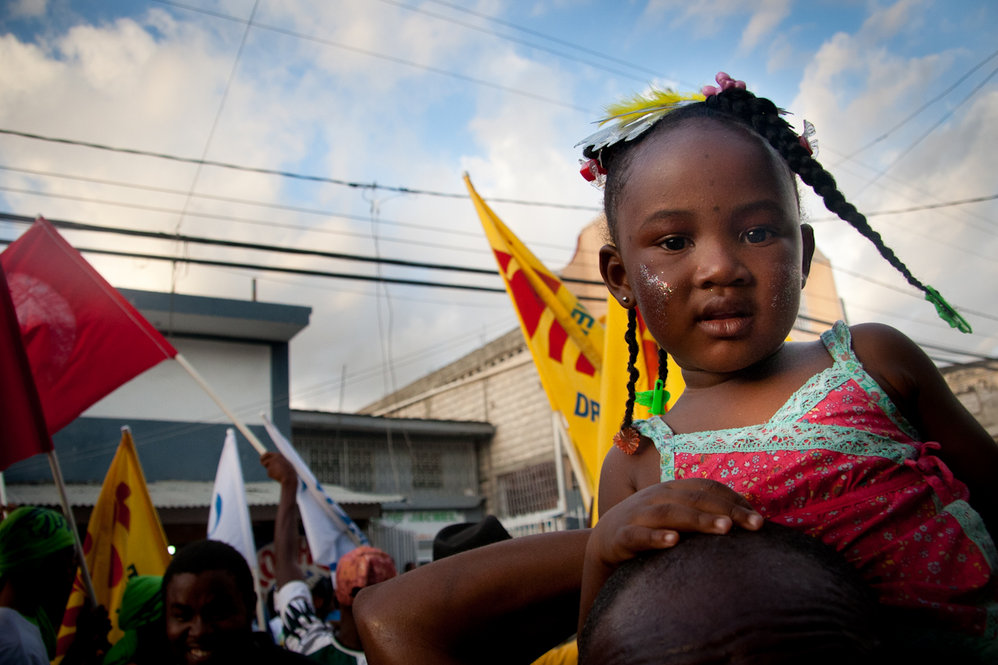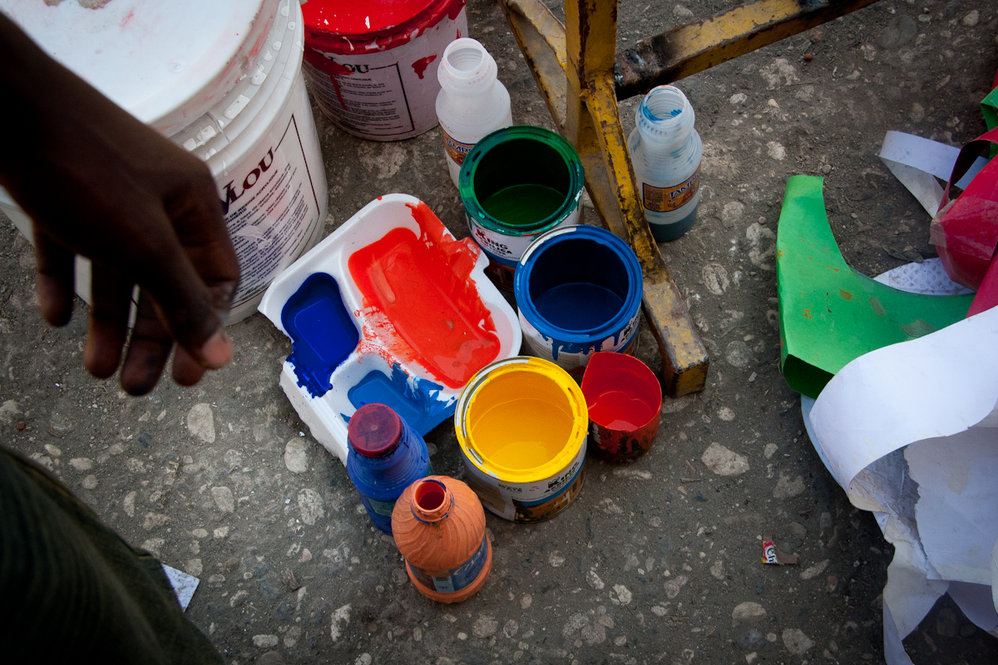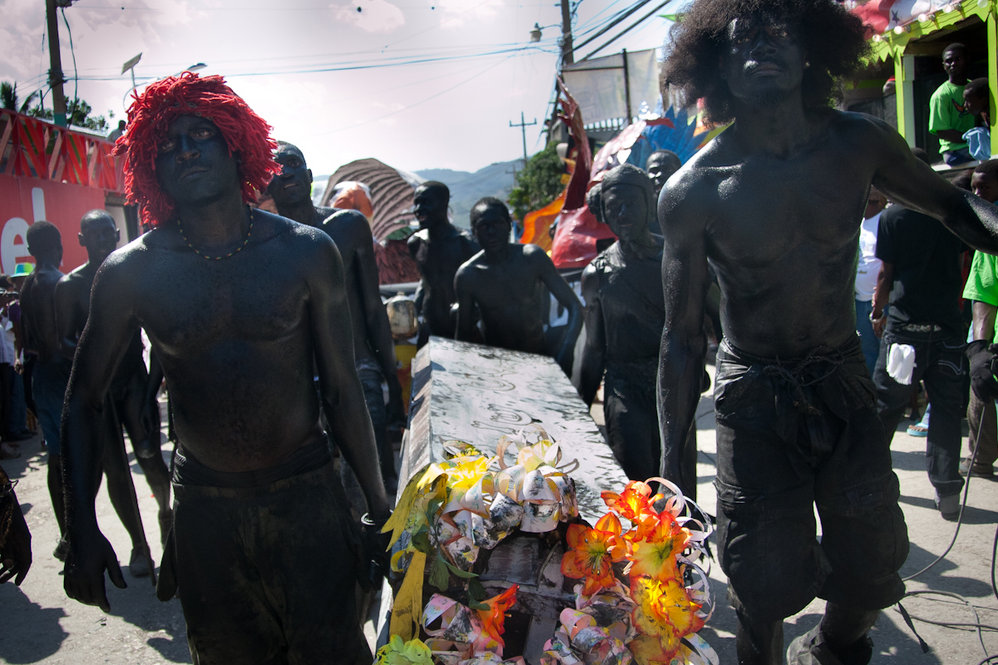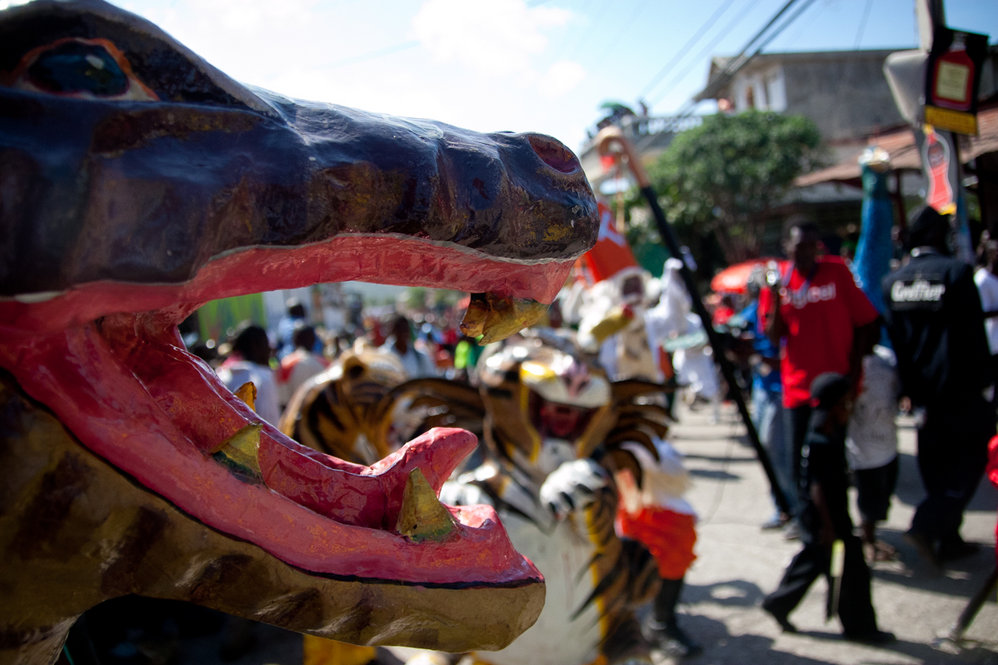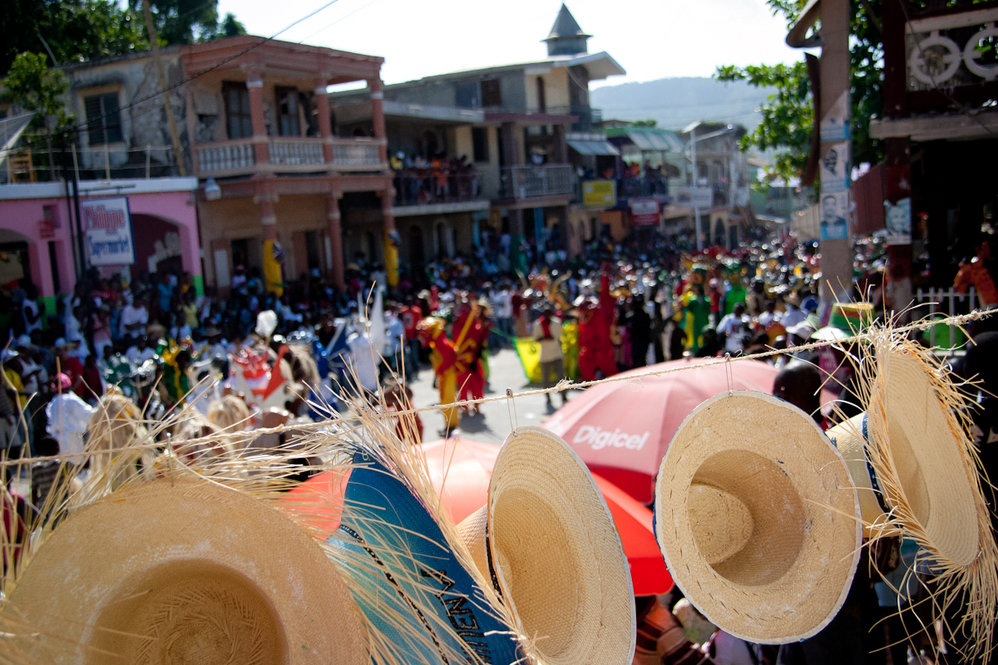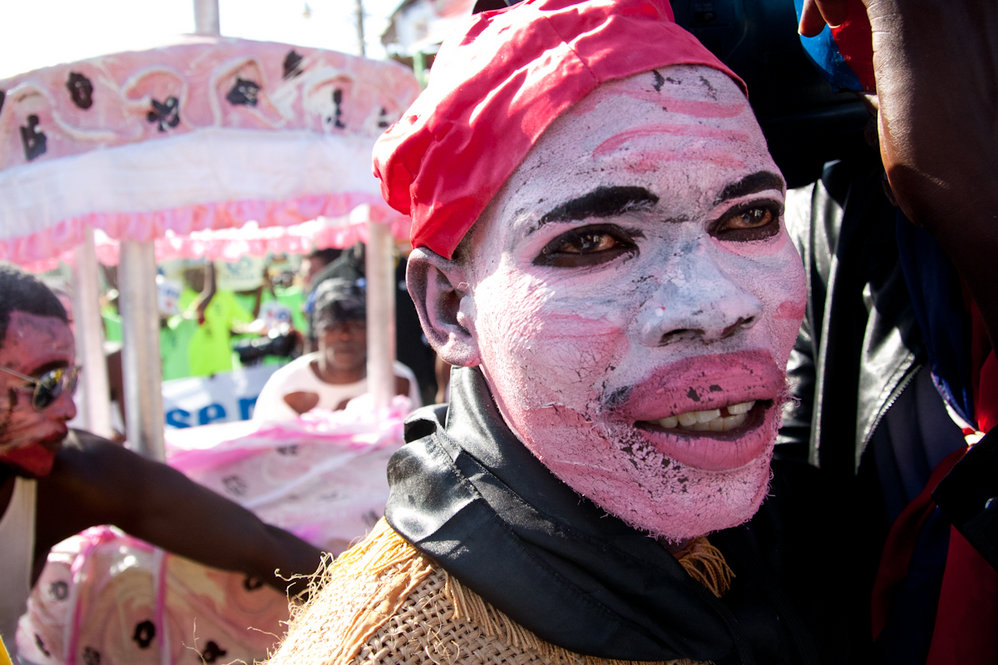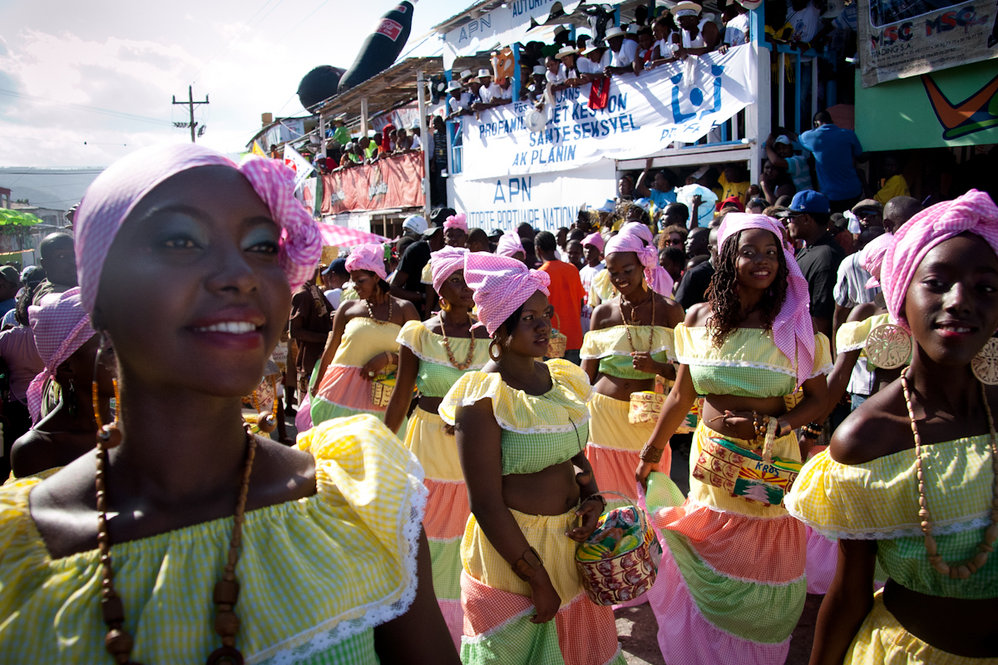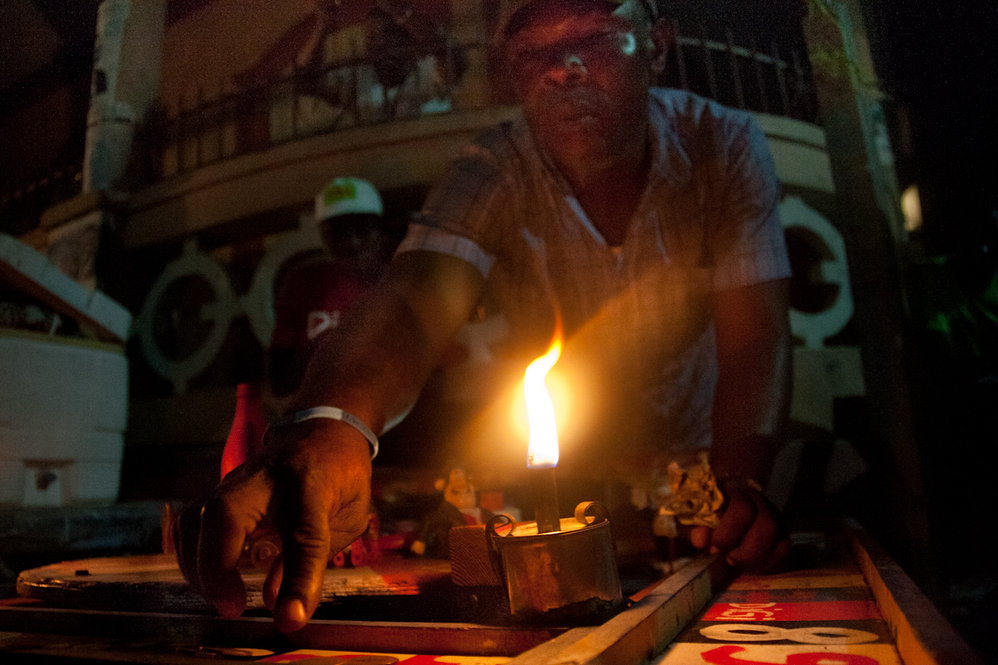PORT-AU-PRINCE, Haiti—The Haiti reconstruction panel co-chaired by former U.S. President Bill Clinton announced a major new project Wednesday to rebuild part of the capital damaged by last year’s earthquake.
The Interim Haiti Recovery Commission said it plans to spend $78 million to revitalize 16 neighborhoods and remove roughly 30,000 people from six major settlement camps that formed after the January 2010 disaster.
The commission said the project aims to move the 5,239 families living in six particularly vulnerable camps back into the 16 Port-au-Prince neighborhoods where most of them lived before the quake.
“This kind of collaboration will generate the lasting change, the permanent housing solutions that Haitians are depending on,” Clinton said in a speech after the commission’s announcement.
Click HERE to read the full AP story as it appeared at the Boston Globe.
